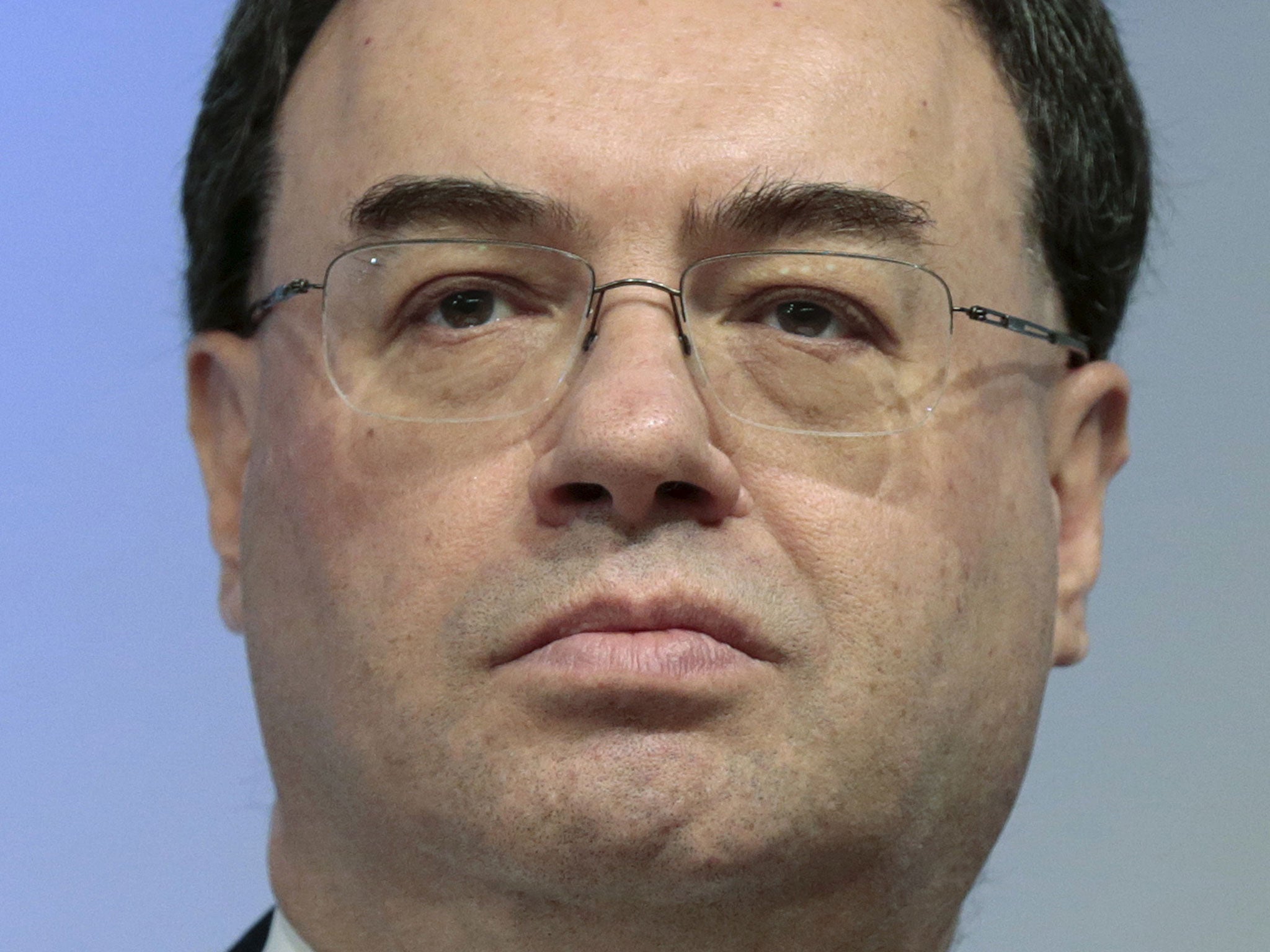FCA boss argues for common sense on Brexit, but is anyone listening?
Andrew Bailey says there is no need for Britain's exit from the EU, and even the single market, to end free trade in financial services and that Europe will suffer along with Britain if it does

“Brexit should not mean an end to open financial markets.”
So said Andrew Bailey, the chief executive of the Financial Conduct Authority, in a much anticipated speech on the subject.
Mr Bailey argued forcefully that Brexit, and even the May Government’s undemocratic adoption of the hard approach to it involving quitting the single market, need not lead to the abandonment of free trade and open markets in financial services.
Firms, he said, should be able to make the decision about where they locate, rather than having it forced upon them.
He does not believe that they should have to consider quitting the UK, and he does not believe that they should even have to relocate functions on to the continent, as they have been doing (fund manager BlackRock is just the latest) amid fears that the passport rights accorded to them under the single market, are set to go.
Regulators, he said, should co-operate and Europe’s and the UK’s watchdogs can co-operate after the UK’s departure, just as they have (and do) with regulators in Hong Kong, Singapore, the US. We’re all grown ups here. Or at least we should be.
“The answer should be no,” he said to any question of a wall being built between Europe and the UK when it comes to free trade in financial services, or to the question of whether there should be special rules created for Europe's dealings with Britain's financial centre, as some on the continent have suggested.
It should be. But that doesn’t mean to say it will be.
In making the case for co-operation, and compromise, Mr Bailey was speaking first and foremost in the best interests of Britain. But he was also speaking in the best interests of Europe.
There have been some signs that there are at least some people on the continent who agree with him, notwithstanding the current tug of war over the lucrative Euro clearing business that could cost thousands of jobs in London if it departs, but that might also cause significant disruption to Europe in the process of it so doing. Notwithstanding, also, the quite justified anger in Europe at the counter-productive and childish behaviour of Britain’s Conservative Government.
The trouble is, it’s hard for the EU to get away from the latter. And why should that come as a surprise to anyone? Would we be willing to set it aside in everyone's common interests if it was the EU that was behaving like that?
Mr Bailey is an intelligent, civilised and sensible man but if Britain had listened to intelligent, civilised and sensible men and women, we wouldn’t have got to this point in the first place.
Mr Bailey wouldn’t have had to impose additional levies on City firms to cover the cost of preparing for Brexit, and his people’s time would instead be being spent on ensuring that Britain had an orderly and competitive financial services marketplace, and on curtailing the worst instincts of its financial firms.
The problem is that Britain isn’t run by people like him. Instead of mitigating the damage and working towards a sensible outcome after the EU referendum, if that is possible, its politicians have seemed intent on digging down further into the deep hole they have made for the country, and of stomping on the grave of decades old relationships that they have killed.
It started with the pointless and stupid withdrawal from the Euratom treaty, shortly after the Brexit vote, and has continued since then, most recently with the pointless and stupid plan to withdraw from the London Fisheries Convention. Allegedly this is to allow Britain to “take back control” of its waters. In reality it is yet another display of pettiness and petulance by a British Brexiteer politician (Michael Gove of course) with the aim of pleasing a small group of reactionaries.
If Britain is behaving in this manner, why should we expect Europe to behave any differently? If a Britain driven by knuckle headed nationalists continues to sulk and throw tantrums, why should Europe not do the same?
Business news: In pictures
Show all 13It is absolutely in Europe’s best interests for this not to happen, for it to co-operate with the UK and for London’s financial centre to continue in a more or less similar form to what currently exists. It’s handy for everyone. The cluster effect, derived from its vast pool of clever and highly qualified people, alone benefits all sides, and that’s just your starter for ten.
It would take years, decades even, to get one of the continent’s other financial hubs to the stage where it could offer a similar suite of services. London, the golden goose, distributes its eggs beyond these shores. So what Mr Bailey said was eminently sensible.
But it might not matter. Sensible voices are struggling for a hearing.
Subscribe to Independent Premium to bookmark this article
Want to bookmark your favourite articles and stories to read or reference later? Start your Independent Premium subscription today.

Join our commenting forum
Join thought-provoking conversations, follow other Independent readers and see their replies